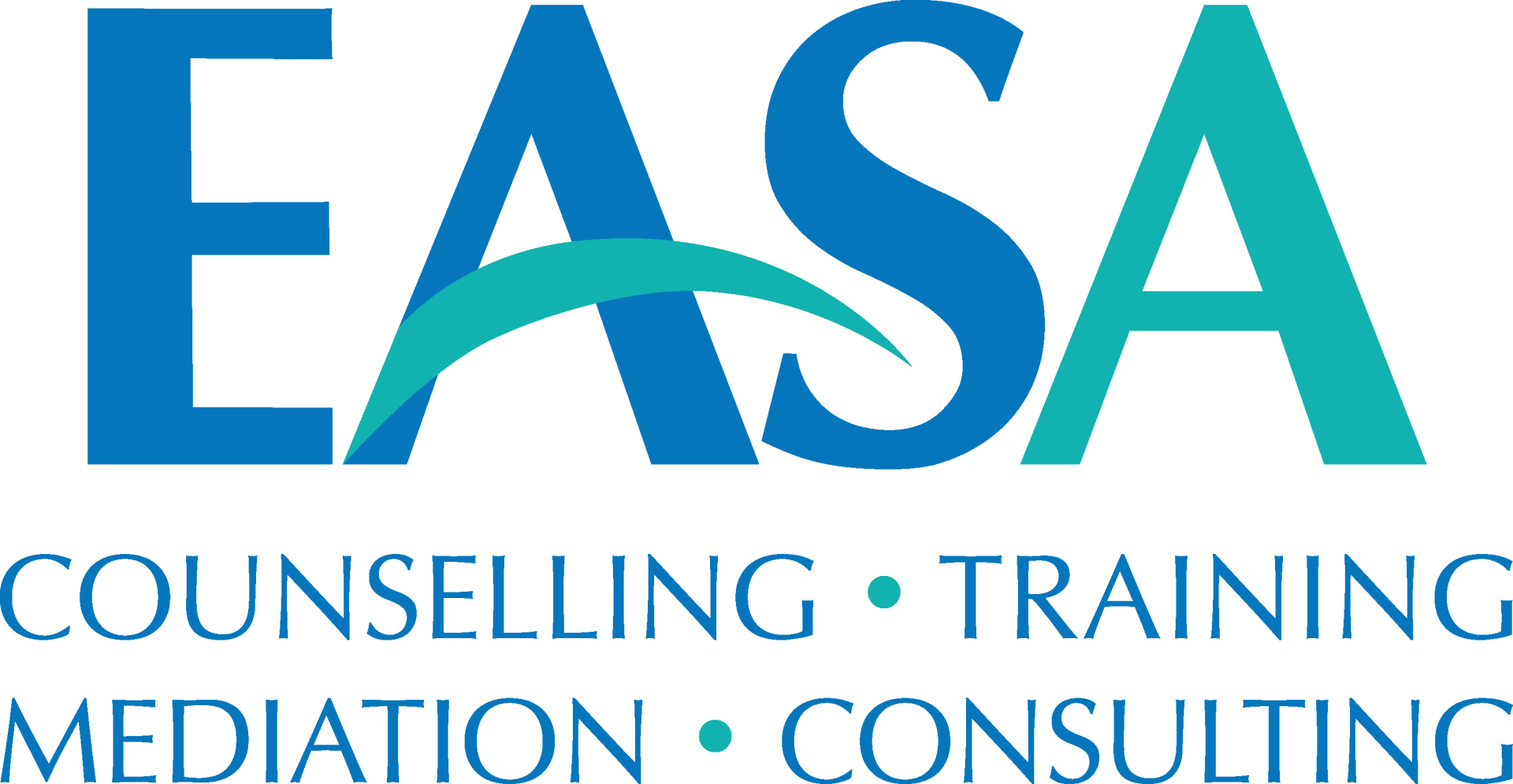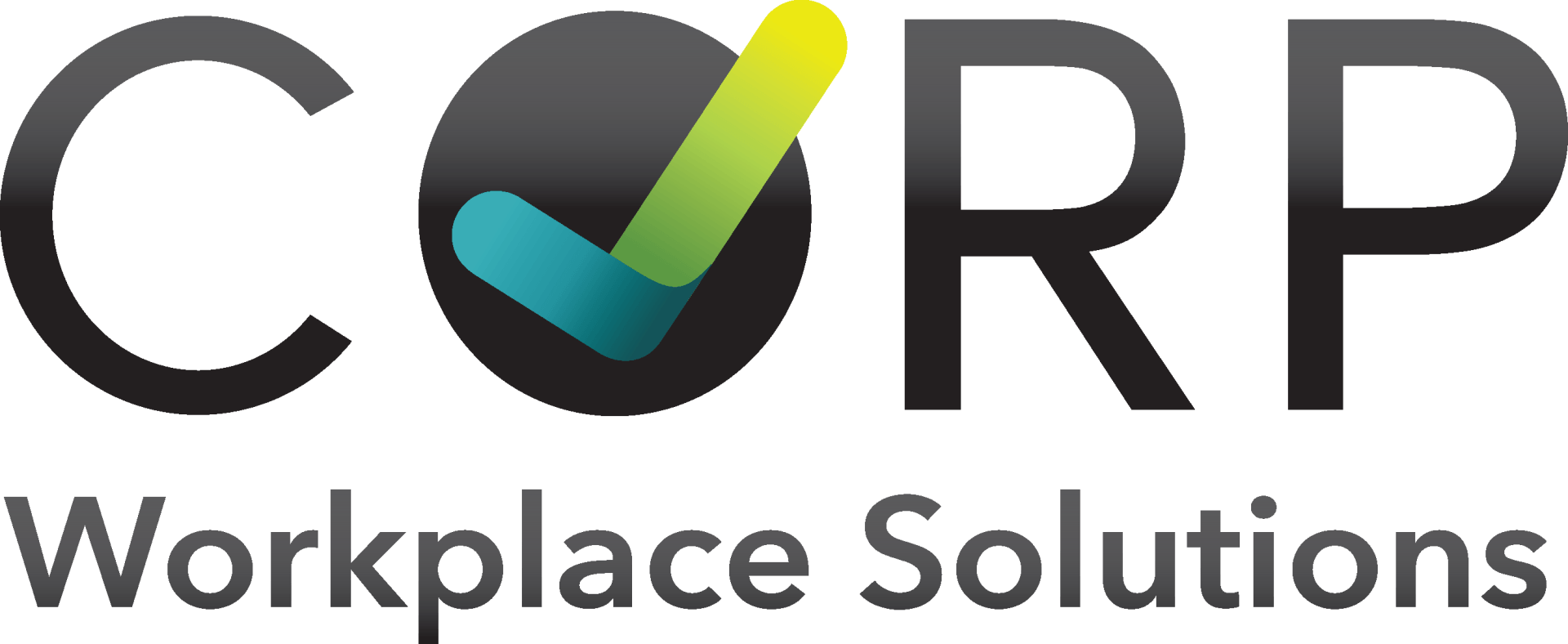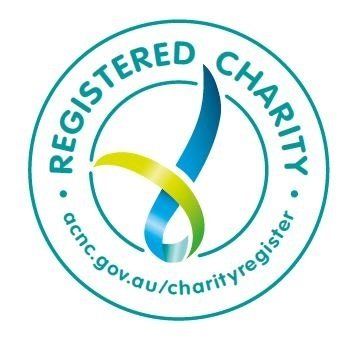Beyond the Breaking Point: Understanding and Responding to Burnout in the Workplace
Is your energy gone, your motivation fading, and yet the demands just keep piling up? You're not alone. Burnout has quietly become one of the most widespread challenges in the modern workplace and it's costing us more than just productivity, also people.
What Burnout Really Is
Burnout isn’t just stress. It’s a sustained response to chronic, unrelenting pressure—especially when support is low and expectations are high.
The World Health Organization defines burnout as “a syndrome resulting from chronic workplace stress that has not been successfully managed.” It shows up in three key ways:
- Exhaustion – physical, mental, and emotional depletion
- Cynicism or detachment – loss of engagement or increased negativity
- Reduced performance – difficulty focusing, accomplishing tasks, or feeling effective
Burnout is not a personal failure. It’s not about weakness. It’s a signal—a warning sign that something in the system needs to change.
Why Burnout Is a Leadership Issue
Too often, burnout is treated as an individual problem with individual solutions. But in reality, it’s a systemic issue that calls for a leadership response.
Leaders shape the culture. They influence whether people feel valued or invisible, empowered or overwhelmed. If leaders are pushing nonstop performance without creating space for recovery, the risk of burnout skyrockets.
Spotting the Early Warning Signs
- Higher absenteeism
- Increased staff turnover
- Lower morale and engagement
- Greater risk of physical and mental health issues
Responding to Burnout: From Awareness to Action
For individuals, responding to burnout often involves reclaiming control over time, energy, and boundaries:
- Prioritising rest and recovery
- Reconnecting with purpose and values
- Setting limits around availability and workload
For leaders, the role is even more critical. You can:
- Ensure workloads are realistic and fairly distributed
- Foster open dialogue around wellbeing and stress
- Recognize and celebrate contributions
- Build in flexibility and autonomy
- Advocate for mental health support and resources
Small changes, consistently applied, can have a powerful cumulative effect.
Resilience Is the Antidote—But It’s Not About Pushing Through
Resilience is often misunderstood as the ability to “power through” challenges. But true resilience is about recovering, adapting, and growing stronger through adversity.
And resilience isn’t an individual trait—it’s a cultural one. Resilient teams are those where people:
- Feel safe to speak up
- Trust one another
- Are supported in taking breaks and asking for help
- Have permission to learn and grow, not just perform
If you’re ready to build a culture where people are resilient, engaged, and energized not just enduring, join us for our upcoming live workshop: Understand and Respond to Burnout on Wednesday, 25th June 2025.
This Live Webinar workshop is priced at $138.97 and runs from 8.30 AM to 10.30 AM ACST, providing a jam-packed session that you'll walk away from with practical strategies to spot burnout early, respond effectively, and lead your team through change with clarity and care.
Register now through our CORP Public Workshop Calendar to secure your spot!
For further information or to enquire about arranging training for yourself or your team, please contact our CORP Officer at corp@corp.org.au






